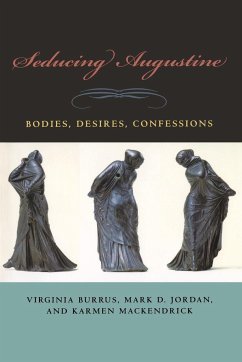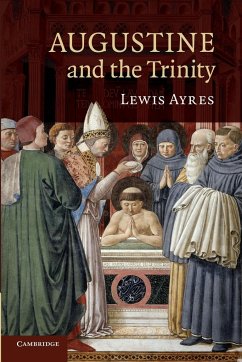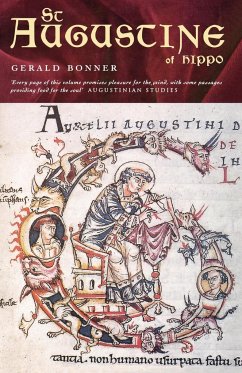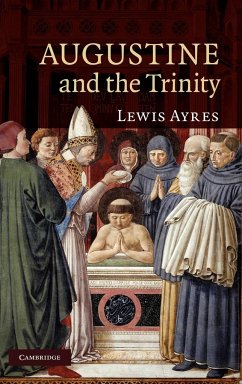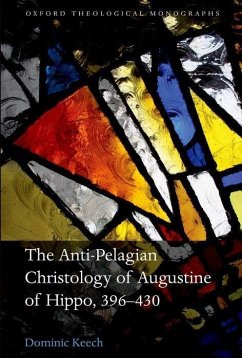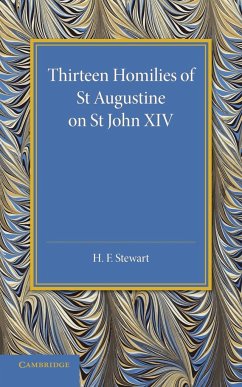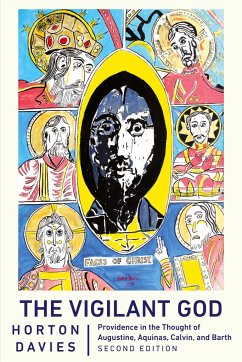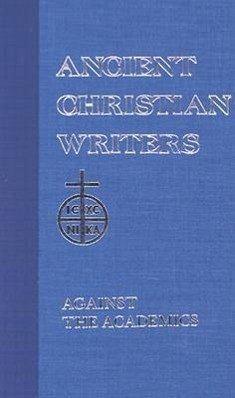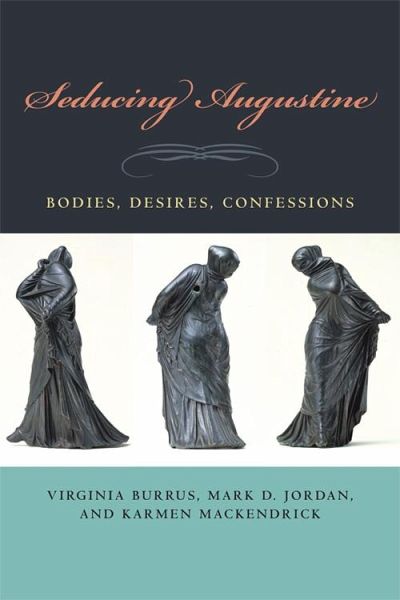
Seducing Augustine

PAYBACK Punkte
46 °P sammeln!
Augustine's Confessions is a text that seduces. But how often do its readers respond in kind? Here three scholars who share a longstanding fascination with sexuality and Christian discourse attempt to do just that. Where prior interpreters have been inclined either to defend or to criticize Augustine's views, Virginia Burrus, Mark Jordan, and Karmen MacKendrick set out both to seduce and to be seduced by his text. Often ambivalent but always passionately engaged, their readings of the Confessions center on four sets of intertwined themes-secrecy and confession, asceticism and eroticism, constr...
Augustine's Confessions is a text that seduces. But how often do its readers respond in kind? Here three scholars who share a longstanding fascination with sexuality and Christian discourse attempt to do just that. Where prior interpreters have been inclined either to defend or to criticize Augustine's views, Virginia Burrus, Mark Jordan, and Karmen MacKendrick set out both to seduce and to be seduced by his text. Often ambivalent but always passionately engaged, their readings of the Confessions center on four sets of intertwined themes-secrecy and confession, asceticism and eroticism, constraint and freedom, and time and eternity. Rather than expose Augustine's sexual history, they explore how the Confessions conjoins the erotic with the hidden, the imaginary, and the fictional. Rather than bemoan the repressiveness of his text, they uncover the complex relationship between seductive flesh and persuasive words that pervades all of its books. Rather than struggle to escape the control of the author, they embrace the painful pleasure of willed submission that lies at the erotic heart not only of the Confessions but also of Augustine's broader understanding of sin and salvation. Rather than mourn the fateful otherworldliness of his theological vision, they plumb the bottomless depths of beauty that Augustine discovers within creation, thereby extending desire precisely by refusing satisfaction. In unfolding their readings, the authors draw upon other works in Augustine's corpus while building on prior Augustinian scholarship in their own overlapping fields of history, theology, and philosophy. They also press well beyond the conventional boundaries of scholarly disciplines, conversing with such wide-ranging theorists of eroticism as Barthes, Baudrillard, Klossowski, Foucault, and Harpham. In the end, they offer not only a fresh interpretation of Augustine's famous work but also a multivocal literary-philosophical meditation on the seductive elusiveness of desire, bodies, language, and God.



